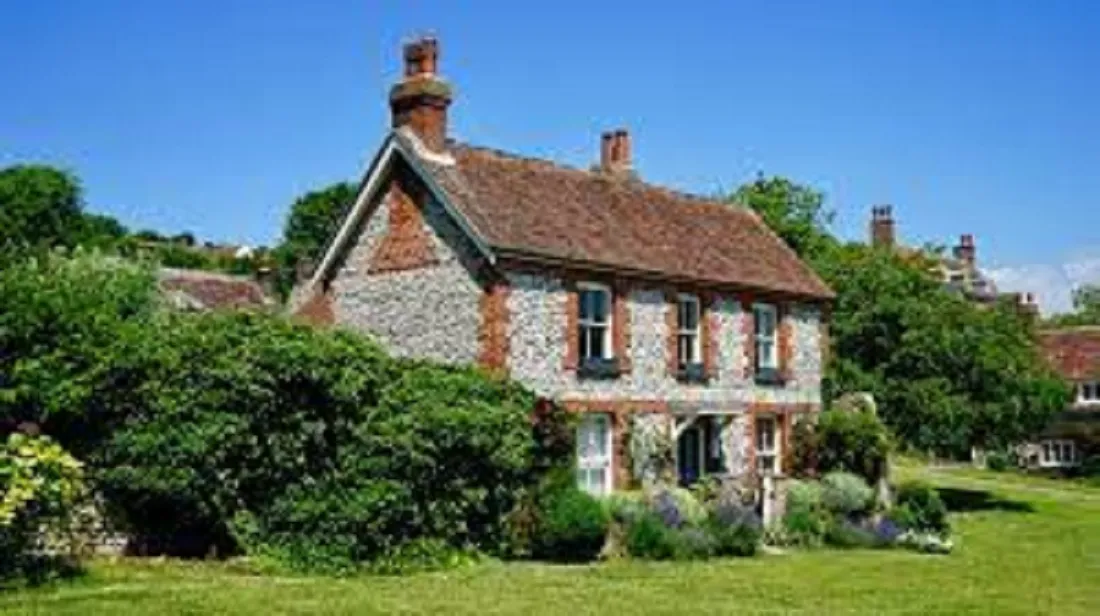What Are The Rules For Buying A House In Scotland?

Table of Contents
ToggleRules For Buying A House In Scotland
If you are looking to buy a house in Scotland, there are several rules and regulations that you should be aware of to ensure a smooth and successful transaction. From property searches to surveys and legal contracts, this article will provide a comprehensive overview of the rules for buying a house in Scotland.
Property Searches-
Before you begin searching for a property, it is essential to conduct some initial research. You can find property listings through estate agents, property portals, or by searching local newspapers. Once you have found a property you are interested in, it is essential to conduct additional research. This can include:
- Checking the title deeds: This will provide information about the property’s ownership, rights of way, and existing legal obligations.
- Checking the home report: This mandatory report provides information about the property’s condition, energy efficiency, and value.
- Checking the local area: Research the neighborhood, including local amenities, schools, and transportation links.
Financing Your Purchase-
If you require a mortgage to purchase your property, you must arrange this before making an offer. It would help if you spoke to a mortgage advisor to discuss your options and find the best deal for your circumstances.
Making an Offer-
You can make an offer once you have found a property and arranged your financing. In Scotland, this is done through a process known as “offers over.” This means you will make an offer for a higher price than the asking price. The seller will then consider all requests and accept the one they believe is the most suitable.
The Conveyancing Process-
Once your offer has been accepted, you must engage a solicitor to carry out the conveyancing process. This involves transferring the legal ownership of the property from the seller to the buyer.
The conveyancing process includes:
- Drafting a contract: This will outline the terms of the sale, including the purchase price, any conditions, and the completion date.
- Conducting searches: Your solicitor will perform searches to ensure that no legal issues could affect the property’s value or ownership.
- Survey: You can arrange a survey to ensure no hidden issues with the property.
- Exchange of contracts: Once both parties have agreed to the terms of the agreement, it will be signed, and a deposit will be paid. At this point, the sale becomes legally binding.
- Completion: On the agreed completion date, the outstanding balance of the purchase price is paid, and ownership of the property is transferred to the buyer.
Conclusion-
Buying a house in Scotland can be a complex process, but it can be a smooth and successful transaction with the proper preparation and advice. By carrying out the necessary research, securing financing, making an offer, and engaging a solicitor to carry out the conveyancing process, you can ensure that you are fully prepared and that your purchase is easily completed.






